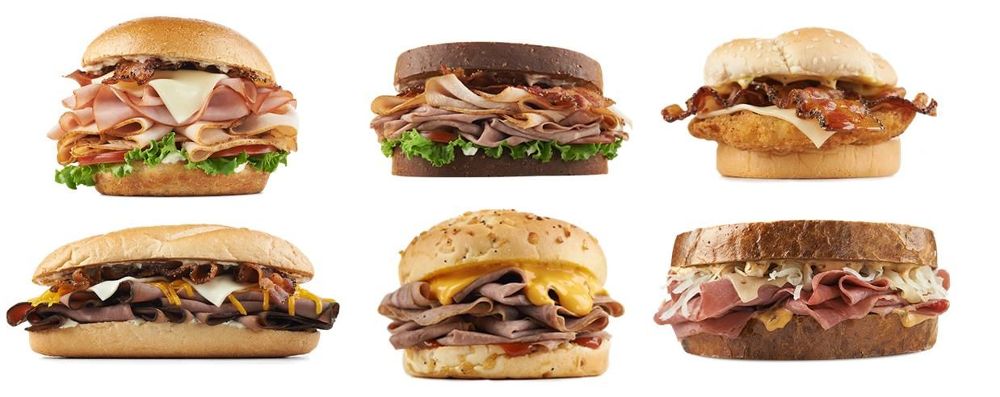Let’s face it, when it comes to nutrition, everyone thinks they know nutrition, when in reality, their knowledge is probably quite limited. Now to be fair, this isn’t their fault. I mean, when you think about it, where did you learn about nutrition? When and where did you develop your views? Nutrition is nowhere to be found in the k-12 education system and doesn’t have to be taken in college. So where do we receive our nutrition education?
Food marketing/advertising, the news media, and word of mouth……it’s no wonder we don’t know what the hell we’re talking about when it comes to nutrition. Here are 3 simple rules for better understanding nutrition.
1) Don’t Believe Anything Food Marketing Tells You.
All Natural, Clean, Organic, High-Fiber, Cholesterol Free, Sugar Free, Reduced Sodium, a Good Source of, Light, Diet, Simple Truth, Fresh, Inflammation Fighting, Plant-Based, Collagen and Gelatin, Superfoods, Juicing, Cleansing, Detoxing, Antioxidants, Multi-Grain, Gluten-Free, GMO-free, Artisanal, BPA-Free, Antibiotic-Free, Hormone-Free, Probiotic, Omega-3, Grass Fed, Cage Free or Free-Range, Made with Real Fruit/Sugar, No Artificial Flavors or Preservatives, High-Protein, High Fructose Corn Syrup, Local, Real, Freshly Caught, Wild, More Protein than Sugar
Meaningless nutrition buzzwords + a grain of scientific evidence = food marketing strategy
Now, I know that this equation is an oversimplification. Some of these buzzwords are relevant to human health in a specific context and some people reading this are going to be irked that I am glossing over or ignoring their importance. However, do you really think that people are going to take the time to figure out which words are important and in what context? I don’t think so.
Food marketers constantly utilize non-contextual “facts” to help create ambiguity about the healthiness of their food product and/or to create a “health halo” whereby a food is now thought to be good for you when in fact it has very little nutritional value (example: regular yogurt contains an excessive amount of sugar, yet that can be overlooked because of the “health halo” created by the probiotics yogurt contains).
Arbys: We Have the Meats
I actually prefer the straight forward advertising of Arby’s “We have the meats” and Hardee's/Carl Jr.’s advertisements that are completely tasteless (supermodel sexily eating burger). At least their approaches are straightforward: our food tastes good and is bad for you but you the consumer are not concerned about your health, so go ahead and eat a ton of this cheap, crappy food. At least this type of advertising is to the point rather than food companies often trying to “educate” us into thinking their products are “healthy” by throwing a catchy jingle, nutrition buzzword, and soft female voice together in a commercial explaining how healthy their food is (A hem…. Panera!). I challenge you to compare and contrast the calorie counts of Arby's and Panera Bread.
Panera Bread: Clean Eating
2) Don’t Believe/Trust Media Sources.
I bet you’ve never heard this one before, “According to a recent study…” This is classic FM radio, television news, and Today Show banter and what I refer to as factoids and tidbits. I don’t even know what the point of these supposed public service announcements are other than to confuse us and plant seeds of doubt in our minds. People have short attention spans. I get it. So, you want to compress the information into a short period of time before losing them. But tell me, when was the last time you learned something from one of these stories and applied it to your life? My guess is never.
If you really want to learn more about something, you have to work at it. Firing off 30 second, non-contextual factoids isn’t doing anyone any good. I think we’d be far better off not covering these “news” stories at all or taking the time to do a featured story on the topic at hand.
3) Find Health Mentors/Trusted Sources of Information.
I have been fortunate enough to be able to obtain a MS in Exercise Physiology and a PhD in Bioenergetics and Exercise Science. Along the way, I was mentored by several exceptional scientists who taught me so many things including how to think critically, form and test hypotheses, and how to decipher bullshit from real science. I devoted much of my life from 2000 to 2013 to learn about nutrition, exercise science, and health and wellness.
But you can say, Todd, that’s all fine and dandy, but I don’t have 13 years to devote to learning about nutrition, nor do I have access to academic mentors. How do I find reliable sources? Well, I’m happy to say that I have done some of the dirty work for you.
I have a shortlist of people I think you should follow if you want to learn more about nutrition/health & wellness. After graduating with my PhD in Bioenergetics and Exercise Science in July of 2013 I have been constantly searching for people that I could continue to learn from within the health & wellness field. Here are the best of the best (in my opinion via Twitter):
The reason why these individuals are such great follows are that
1) they post often
2) their posts contain relevant, reliable, scientifically sound information
3) don’t have (an obvious) agenda/ax to grind
4) are curious and in search of the truth
5) are not going to steer you in the wrong direction.
If you follow these three simple steps
1) Don’t Believe Anything Food Marketing Tells You.
2) Don’t Believe/Trust Media Sources.
3) Find Health Mentors/Trusted Sources of Information.
You will be well on your way to better understanding nutrition and health & wellness in general.
Sincerely,
Todd M. Weber PhD, MS, RD

